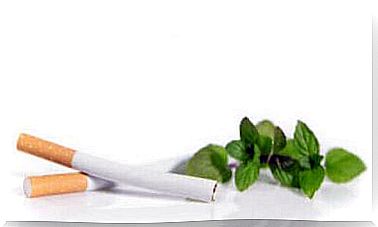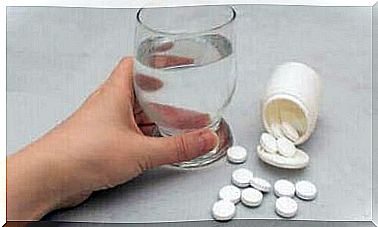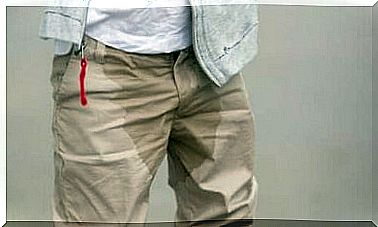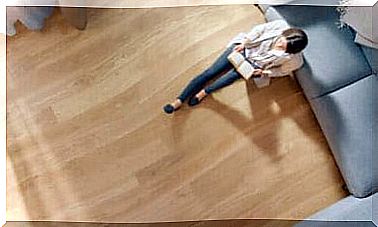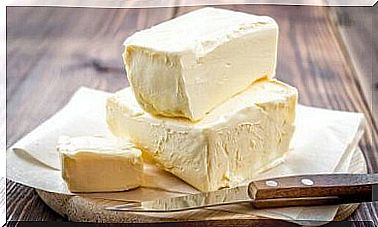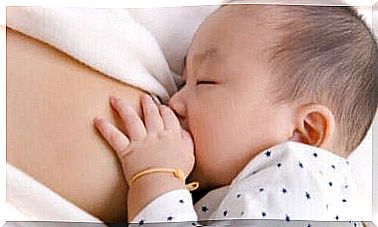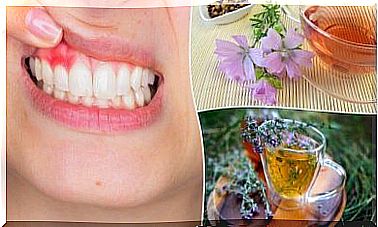What Causes Kidney Stones?
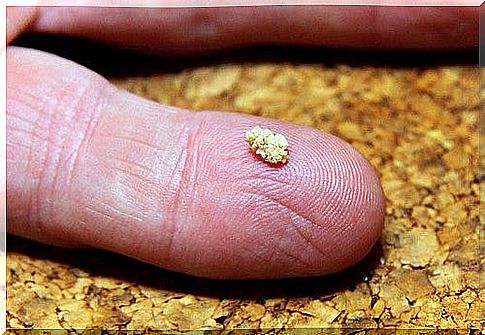
Kidney stones or urinary stones refer to a hard mass formed from crystals in the urine. Natural ingredients and chemicals in the urine can often prevent their formation.
However, this condition is not so uncommon, so it is good for you to know the symptoms, effects, causes, and possible treatments for kidney stones to eliminate them. Keep in mind that if left untreated in a timely manner, they can cause irreversible destruction and have a high chance of recurrence.
There are different types of kidney stones. The stones need to be analyzed so that they can be removed permanently and a healthy life built without the worry of them regenerating.
Causes of kidney stones
In Finland, about one in ten adults suffers from kidney stones during their lifetime. So this painful disease is quite common.
Kidney stones are formed when urine contains a certain amount of sparingly soluble ingredients, small crystals that begin to form little by little into kidney stones. It can take weeks to months for them to condense and form.
Individuals who do not drink enough fluids have a higher risk of suffering from them. They are more likely to develop if you produce less than one liter of urine a day.
Kidney stones can be eliminated from the body while avoiding permanent disadvantages. The stones are painful and can recur if you do not get treatment. If a long time elapses between the formation of stones, it can cause consequences in the kidneys, for example, in addition to various other effects.
Dr. Glenn Preminger, director of the Comprehensive Kidney Stone Center in Duke and professor of urological surgery at Duke University, said “there is no doubt that kidney stones are associated with obesity”. The doctor has also participated as a co-author in the publication of urology, in the study of which similar findings have been made.
Symptoms of kidney stones
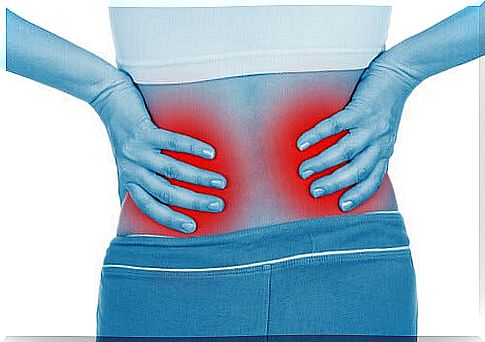
During the formation of kidney stones, the patient usually does not experience any symptoms. They can even move down the ureters from where they pass into the bladder with the urine. And thus they are then noticed; stones can block and impede the passage of urine from the kidneys.
This disease can bring with it many different symptoms. Mainly it’s intestinal pain that starts here and there and suddenly, also ends unexpectedly. There are two types of pain. The first appear on one side of the back or in the abdominal area, and the second type of pain may possibly extend to the testicles or groin.
Other symptoms may include:
- Vomiting
- Blood in the urine
- Nausea
- Abnormal urine color
- Fever
Effects of kidney stones
This condition can cause various complications. If left untreated or indifferent, kidney stones can cause even more serious complications because the stone blocks the flow of urine. These can include kidney damage and recurrent infections.
Possible complications:
- Urinary tract infection.
- Acute unilateral obstructive uropathy and ureteral whitening.
- Kidney damage and healing problems.
- Stone regeneration.
- Cessation or loss of renal function.
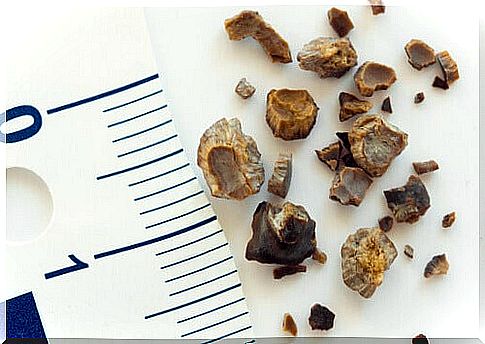
There are different types of stones, each with its own treatment:
- Cystine Kidney Stones: These can form in people with cystine dysfunction. It is hereditary and both men and women can suffer from it.
- Calcium kidney stones: these are the most common, and men in their 20s and 30s are most likely to suffer from them. They are formed when calcium is combined with various ingredients such as phosphorus, carbonate or oxalate (the most common ingredients). This last ingredient is found in several foods such as spinach and vitamin C supplements. Other small bowel diseases also increase the incidence of kidney stones.
- Uric acid stones: These are more common in men than women and may occur with chemotherapy or gout.
- Struvite stones: These occur in women with urinary tract infections and can grow in size so that they can break the bladder, kidneys, and ureters.
Other ingredients can also form kidney stones, such as medicines such as indinavir, aciclovir and triamterene.
Treatment of kidney stones
Treatment of kidney stones can be started with a special diet. Once your doctor confirms what types of stones you have and performs various tests to examine this, you can begin an even more specific diet, which is important in reducing and removing stones. Your nutritionist or therapist may give you a new menu, and it is likely that your diet will change the amount of potassium, salt, fluid, protein, oxalate, and calcium you eat.
One way to avoid kidney stones and reduce them is to drink 6-8 glasses of water a day. However, the pain can eventually be quite extreme, possibly requiring even pain medication. In addition, if this pain is unbearable, the patient should go to a hospital where fluid can be given intravenously.
In addition, treatment depends on the type of stone formed and the symptoms it produces. If they are small, the stones are usually left alone and they leave the body when you start consuming enough fluids. Urine should be collected so that the stone can be analyzed and subsequent ailments prevented.
Depending on the type of stone, there are a few medications your doctor can prescribe to prevent the formation of new stones or to stimulate the breakdown of existing stones by eliminating the ingredients that cause them. Here are some examples:
- Diuretics (Thiazide diuretics).
- Antibiotics are effective against struvite stones.
- Sodium citrate and sodium bicarbonate.
- Allopurinol to treat uric acid stones.
- Phosphate solutions.
If cutting or crushing seems to be the only solution, the stones or symptoms must have the following properties:
- The rocks are too big to get out on their own.
- The stones have caused an obstruction in the flow of urine, and at the same time they have caused kidney pain and infections.
- The stones are constantly growing.
- The pain is extreme and unbearable.
The treatments are now effective and do not cause any major inconvenience. Many of the stones do not cause any complications or the complications they cause are not severe.
- Percutaneous nephrolithotomy: used on very large stones near or inside the kidney. If this happens, the stone is removed with a device called an endoscope that enters the kidney through a small incision.
- Urinary excision : can be used if the stones are in the lower urinary tract.
- Extracorporeal stone crushing surgery: uses shock waves to defeat stones that are less than half an inch. They must be in the ureter near the kidney in order for this method to be used. Using shock waves or sound waves breaks the stones, which can then be eliminated from the urine.
- In addition, open surgery or nephrolithotomy may be necessary in some cases. However, this is only done if other methods cannot be used or do not work.
Advice on kidney stone prevention
With a good diet, you can prevent kidney stones. If you are already suffering from them, you should prepare in advance to avoid complications or recurrence of stones in the future.
- Kidney stones may be hereditary. Also, especially if you have had them in the past, drinking large amounts of fluids is recommended. As mentioned earlier, 6-8 glasses of water a day is the minimum necessary for the body to produce enough urine.
- Keep in mind that some liquids actually dry you out faster, such as drinks that contain caffeine or alcohol. Water is the best option.
- It is important to know what types of stones you have so that you can take the right type of medication for it.
- You can make certain dietary changes while avoiding eating foods that cause kidney stones, such as dairy products (milk, cheese, etc.).
- If you have oxalate stones , you need to stop drinking soda as well as eating peanuts and chocolate.
- If you have cystine stones, you should reduce your fish consumption.
- For people who suffer from uric acid stones, eating red meat, anchovies and chicken is not a good idea.
If you suspect you have kidney stones, it is absolutely essential that you see a doctor to get the right diagnosis, medication and instructions to heal.
